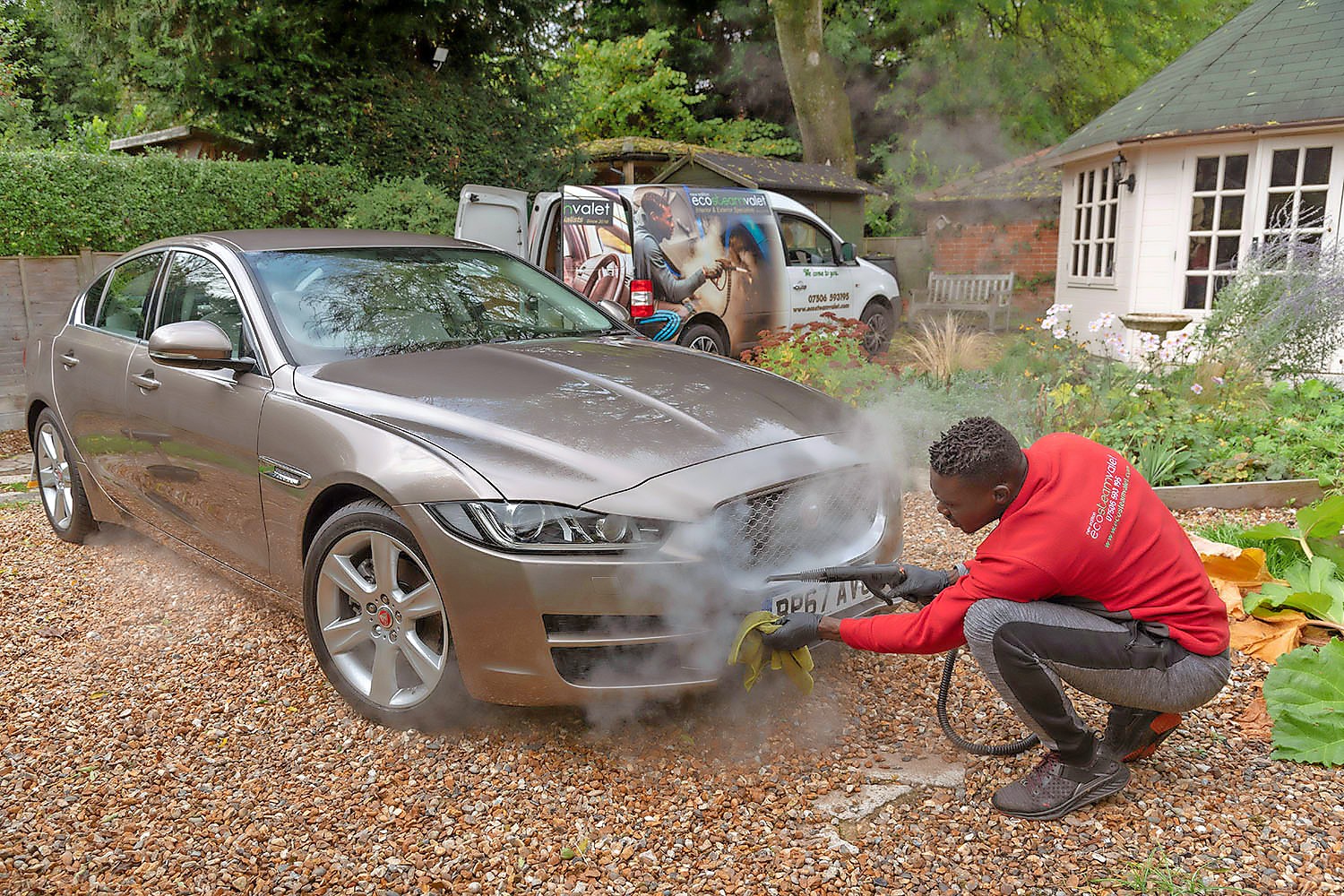What fresh hell is this? To the din caused by the leaf blowers and the pressure washers, it seems we must now add a new urban racket: the mobile car valet, coming soon to a roadside near you.
When I was a girl, my brother and I regarded a trip to the carwash as a rare thrill, those great soapy roller brushes coming for us as we cowered in the back wondering if there’d be leaks (the bad cars of the 1980s always leaked). So much less expensive than Alton Towers! But times have changed.
Nowadays, people are far too busy and demanding for a quick dash to the petrol station. I’ve noticed with mounting dread that in our street such services now arrive to do their worst almost every week: cue 45 minutes of unbearably noisy, battery-powered washing, drying, vacuuming and polishing.
Hoping to drown out the sound of a nearby BMW receiving a little deluxe detailing – who knew that hubcaps, like dry hair, require special products? – I pull on my headphones and listen to Loud, a documentary on BBC Sounds about the alarming effects of everyday noise on our health.
Guess what? It’s not all about our ears.
According to Prof Charlotte Clark, an environmental epidemiologist, those who are exposed to noise pollution over decades are at increased risk of heart attack, stroke and type 2 diabetes. In short, it can kill us.
In Loud, she exposes the presenter, James Gallagher, to various sounds – dogs barking, horns tooting – most of which raise his blood pressure and make him sweat more. Clark says these are evolutionary fight or flight responses, which makes perfect sense to me.
Those of us who find ourselves under siege from guys blowing imaginary dust from empty glove compartments are already wondering: will it be yet another letter-writing campaign to our aurally challenged council, or a move to the Outer Hebrides?
Tartare sauce 2.0
Heinz has rebranded its tartare sauce. From now on, babyishly, it is to be called “fish & chips sauce”, and customers are urged to think of it as a “tasty gateway” to “next-level” battered cod. Of course this is exasperating: the infantilisation of Britain continues apace. But it also strikes me as a loss.
Words have meanings, sometimes rich and beautiful ones. Tartare is a French word that has been in use since the 13th century, and it refers to the Tartars, a tribe in Central Asia renowned for their fierceness. In the kitchen it denotes piquancy, whether in sauce or steak tartare. As a somewhat piquant person myself, as well as a fully grown adult, I’m hereby firing the starting gun on a boycott of what the crazed marketing people at Heinz insist I must think of as “tartare sauce 2.0”.
Newsletters
Choose the newsletters you want to receive
View more
For information about how The Observer protects your data, read our Privacy Policy
Best watched alone
Everyone I know of a certain age is bingeing on Tina Fey’s reworking for Netflix of the Alan Alda film The Four Seasons – a comedy starring Steve Carell and Colman Domingo about three longstanding married couples who go on holiday together. But if you haven’t yet taken the plunge, my advice would be to make sure your domestic colleague is elsewhere before you settle on the sofa. This is one best watched alone.
Ouch! How perspicacious it is about marital neglect, and how savagely it deals with the male midlife crisis. For days – maybe weeks – afterwards, you’ll be wondering what it means that you devote so much time to flossing your teeth at bedtime. Your bathroom cabinet will henceforth bear the scent of farce or heartbreak as well as Listerine, depending on your mood.
Photograph by Getty

